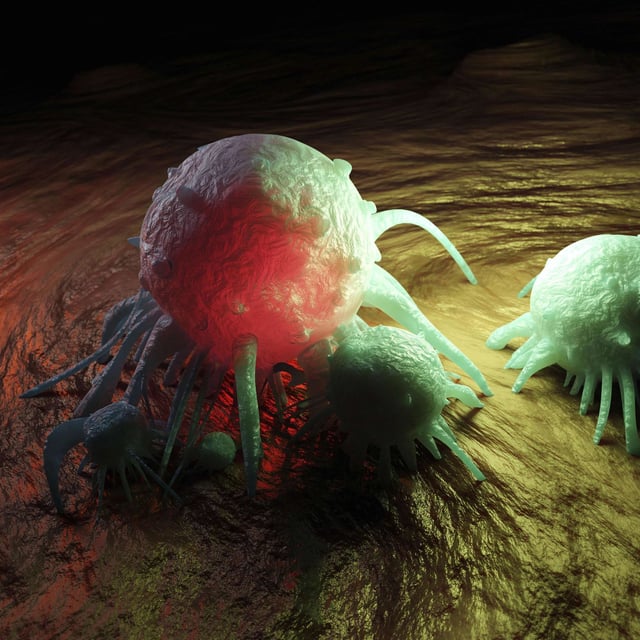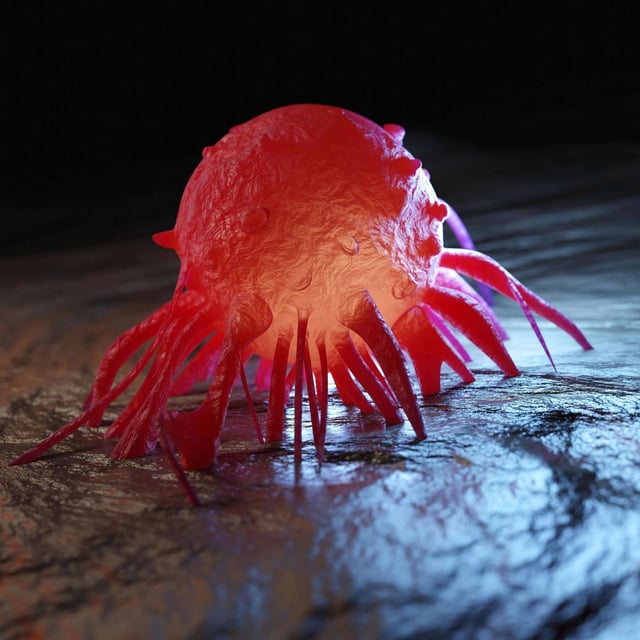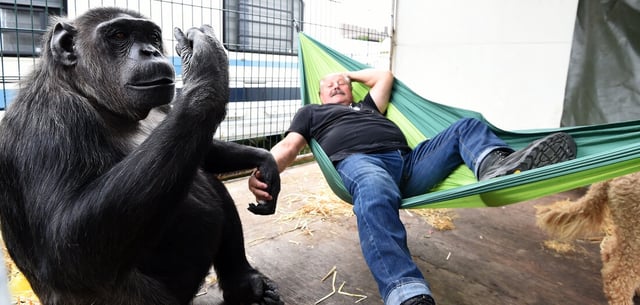Overview
- Human FasL carries a serine residue that creates a Plasmin cleavage site absent in chimpanzee FasL, which contains proline.
- Plasmin cleavage of FasL in solid tumors disables T-cell–mediated apoptosis, illustrating why immunotherapies often fail against breast, colorectal and lung cancers.
- Laboratory inhibition of Plasmin activity or use of anti-FasL antibodies restored T-cell destruction of breast, colorectal and lung tumor cells in vitro.
- Evolutionary analysis suggests the FasL mutation may have supported human brain growth at the cost of weakened defense against solid tumors.
- The research points toward personalized immunotherapy strategies for Plasmin-positive solid tumors by preserving FasL function on T cells.


